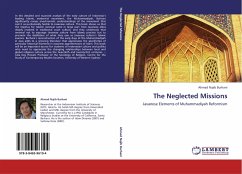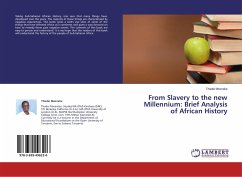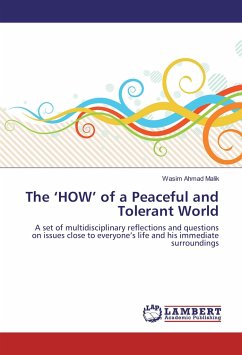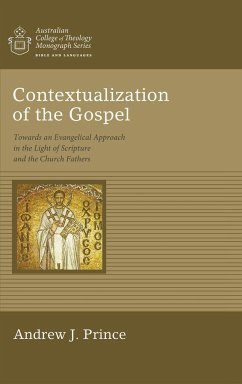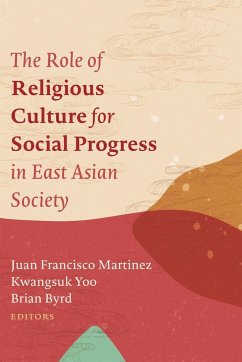In this detailed and nuanced analysis of the early culture of Indonesia s leading Islamic modernist movement, the Muhammadiyah, Burhani significantly revises anachronistic understandings of the movement that cast it as puritanically hostile to Javanese culture. This book shows us that the impetus for Islamic renewal came in large part from Javanese elites deeply involved in traditional court culture, and they undertook that renewal not to expunge Javanese culture from Islamic practice but to promote the distillation of what they saw as Javanese culture s Islamic essence. Burhani s reconstruction of the early days of the Muhammadiyah in Java adds to a growing literature that appreciates the specificities of particular historical moments in Javanese apprehensions of Islam. This book will be an important source for students of Indonesian culture and politics who need to appreciate the changing relationships between local and global religious culture across the twentieth and twenty-first centuries. --Julia Day Howell, Professor of the Sociology of Religion, Centre for the Study of Contemporary Muslim Societies, University of Western Sydney--
Bitte wählen Sie Ihr Anliegen aus.
Rechnungen
Retourenschein anfordern
Bestellstatus
Storno

